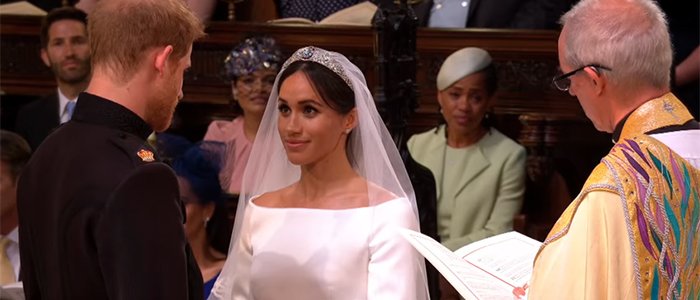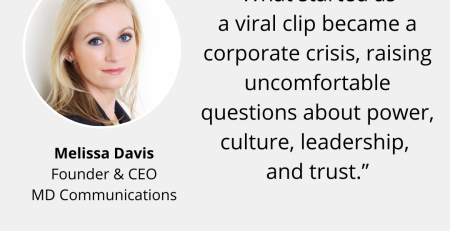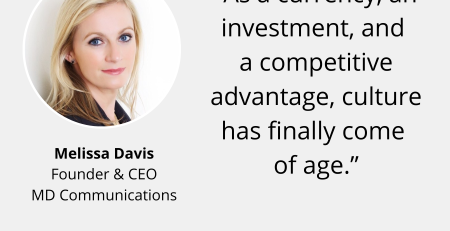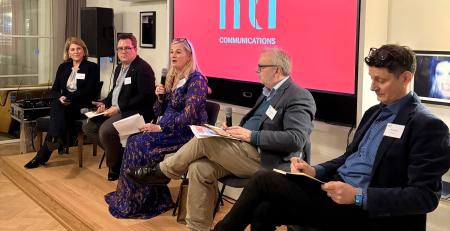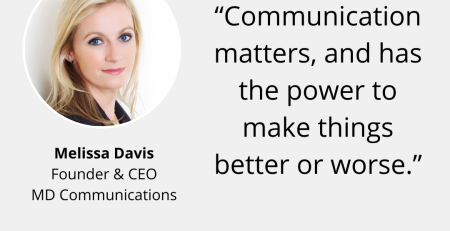Many, many millions watched the marriage of ‘Harry and Meghan’ – judged such a success that I can think of the odd hardened republican who raised a glass wishing them well.
But were you watching the coverage? Specifically, the very dramatic change in the coverage. For a PR, it was almost as exciting as seeing who was wearing what.
We went from a tone of press coverage that had sane people asking if it might not go ahead, the arrestingly sad drama of the bride’s ill father and, worst of all for the Royal PR machine, the estranged relatives and ‘sources close to’ who seemed happy to talk to the press.
And some news just presented as odd – Markle was to be walked down the aisle by her future father in law, because that’s not remotely strange.
By the next day, as the Telegraph declared (though such was the extreme positivity of the coverage, it could have been the Guardian): ‘Two people fell in love and we all showed up.’
My feelings too.
So, from a PR perspective, what changed and why did it change? A few thoughts:
1. A bit of discipline: this was on show during the build-up when the pressure was huge. The Royal media centre doesn’t even have a publicly available telephone number, which may seem extreme, but one thing it can achieve through inaccessibility is to tightly control the palace message. Small, clear amounts of information were released to trusted news outlets, and everyone else had to take what they could from them.
When coverage was bad, this stopped it getting worse. All credit to the discipline of the couple’s friends too – they didn’t get garrulous.
2. ‘Sources close to’: this dubious journalistic device was used on Markle, but in declaring her sad that her father was unable to come, these ‘insights’ were close to the official palace statements. It did seem the press were inserting this line to cover embarrassment at having little else that was new.
3. People who could ‘spoil’ the day were in a weak position: Markle’s dad was as bad as it got. Estranged relatives known to be not invited didn’t carry much weight. Rumours some would do commentary proved false.
4. The happy couple themselves: it may sound obvious, but as a couple they seem a very good ‘product’. Not for them the on/off years of courtship William and Kate had – the relative privacy was romantic and classy. And actually, the press are reluctant to give someone a good kicking unless they are already down – Meghan and Harry are currently too successful and liked to be vilified.
5. It was different: well, about as different as a Royal Wedding could be. The press want novelty or controversy – give them neither, and they’ll decide which will influence their coverage (likely controversy). The novelty here – that preacher, a celebration of the multi-racial union – were new.
So, a happy ending – or should that be beginning?
If you’re planning a high-profile event, that will attract plenty of interest, and need to plan its media management, I hope you’ll get in touch.


